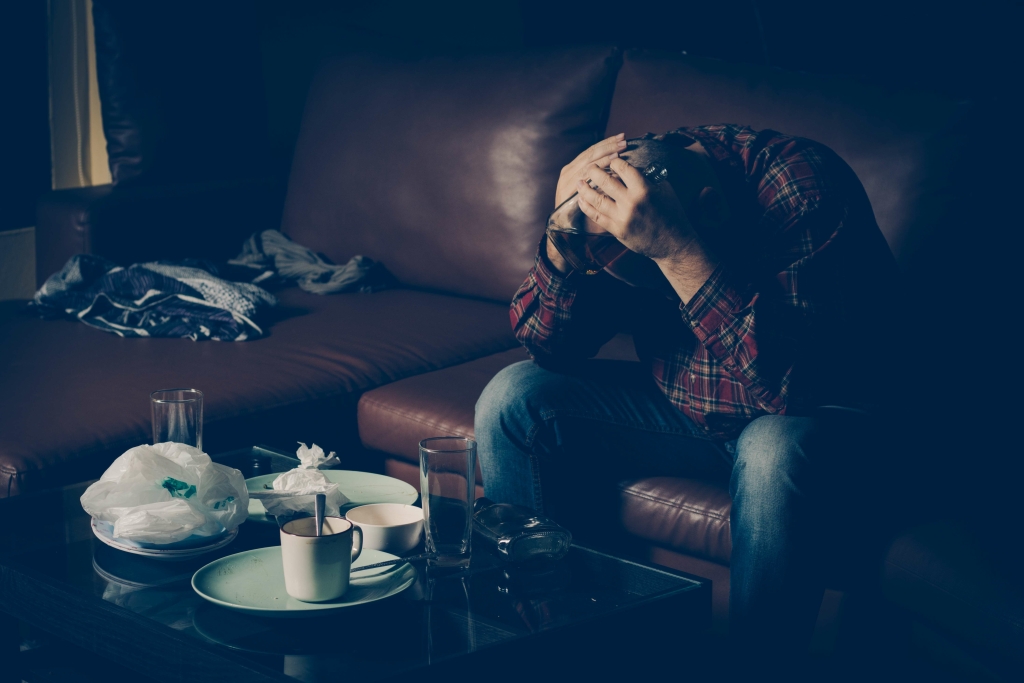Content
Binge drinking results in $249 billion a year in healthcare-related costs and lower employee productivity. People who were exposed to alcohol in their adolescence have a greater likelihood of emotional troubles compared to children who were not exposed to substance use in their homes. Additionally, aggression and mood swings are prevalent, as well as a general deterioration of morals. Alcohol slows your brain’s synapses and chemically alters your body by affecting levels of serotonin—the chemical transmitting mood signals within the brain. These physical changes cause your emotions to get out of control and cause people to do or say things out of the norm.
- And, the partner with a drinking problem may have a disproportionate response to a perceived slight, insult or other apparent wrong done by the partner.
- Peers can provide advice and comfort to help one another through tough times.
- A friend or partner may constantly hear reasons for being late, disappearing or mood swings.
- Trust is essential to a healthy and functioning relationship, and once it is damaged, it can be difficult to repair.
Although it’s not your fault, this symptom can seriously damage your relationships. Although alcohol may boost your mood at first, it can cause or worsen depression over time. BetterHelp offers affordable mental health care via phone, video, or live-chat. Relationships in which one or more partners are involved in excessive drinking are more likely to fall apart.
Clever Addicted Brain – Sabotaged when Contemplating Change
Jessica Thomas’ career expertise spans health education and communication, aging studies, quality improvement, and program development. She enjoys learning about and educating others on healthy living and helping business owners achieve more while doing less at Imperative Concierge Services. It’s never too early to reflect on your relationship with alcohol or seek outside guidance. Peaks Recovery is medically staffed by a primary care physician, a psychiatrist, and round-the-clock nursing. The medical team’s acumen provides the safest medical detox in Colorado.
While NSDUH 2019 reported 14.5 million over-12s in the US had alcohol use disorder, the current survey reports that over 28 million people satisfy the criteria of AUD. Although socially acceptable, alcohol destroys relationships in many alcohol and relationships ways when it is abused. Even if you have a powerful connection with the person you love, this can be diminished by a strong need and desire to drink. Are there times that you have had to cancel plans because of a severe hangover?
Is Alcohol Affecting Your Relationships?
As a person becomes more addicted, they tend to lose interest in sex or being close with someone as their abuse becomes their number one priority. Alcohol abuse in males is known to create difficulty in becoming or staying aroused often resulting in erectile dysfunction. Women have been known to suffer from a decreased libido from alcohol use disorder also. There is evidence that a relationship can make it, but some that would argue that it most likely won’t. For the married population with one person being a heavy drinker, research shows this is 50% more likely to end in divorce according to a study inMedical Daily. The damaging correlations between alcohol and relationships are not lost on the professionals at our facilities.
The more you understand about alcoholism, the better equipped you will be to deal with it. There are many helpful books and websites that can provide information about the causes, symptoms, and effects of alcoholism. If you have a loved one who is struggling with alcoholism, it can be difficult to know how to best support them.
Why Alcohol Causes Problems in Relationships
This can lead to constant questions about where you’re going or what you’ve been doing, which is not a sign of a healthy relationship. Not necessarily, but it’s important to understand how alcohol can affect people and the way they relate to others. Doing so will help you reduce the risk of beer, wine, or liquor degrading the health of your relationship. Every client is different, which means we have several different treatment methods.
- This might be difficult to see if you are the one with analcohol addiction.
- Keeping the truth from your significant other may start as an innocent defense mechanism, but eventually, it will most likely lead to blatant lies and mistrust.
- Nine years sober herself, she penned one of the first sobriety blogs, “Waking Up the Ghost” in 2013.
- A balanced, empathic, and respectful response to the reactions of each family member can neutralize some of the intense emotions that surround this topic.
- The University at Buffalo is a premier research-intensive public university, a flagship institution in the State University of New York system and its largest and most comprehensive campus.
- UB’s more than 28,000 students pursue their academic interests through more than 300 undergraduate, graduate and professional degree programs.
The alcoholic uses their partner’s support to avoid taking responsibility for their actions, while the non-alcoholic member becomes secure in their role as the fixer. Many spouses of alcoholics have described nights through which they’ve waited anxiously for their partner to return home. When they eventually show up, the spouse is unable to trust their retelling of events. With the truth up in the air, their minds are left to fill in the blanks. Thus, even when the reality isn’t so bad, every hour unaccounted for can seem like a total betrayal. Some narcissistic people are programmed to be inert in relationships.



Leave A Comment